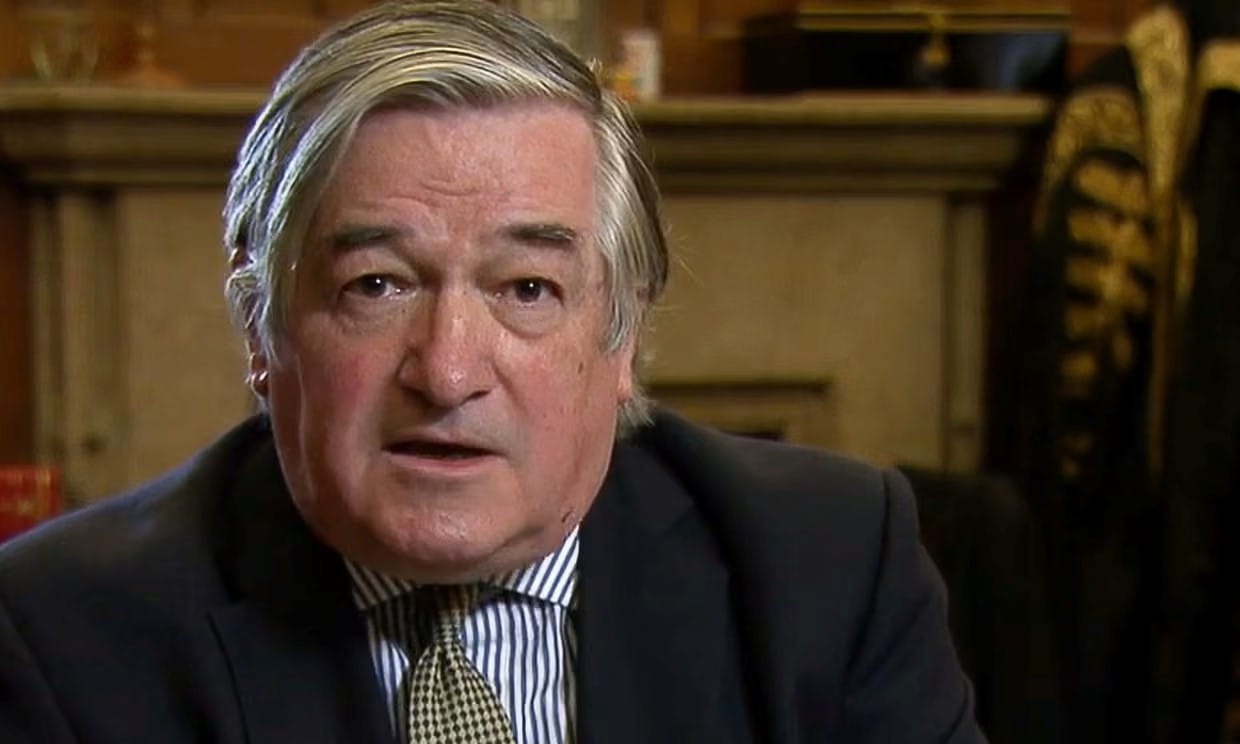FO v PN [2025] EWFC 327 (B)
In this judgment, HHJ Edward Hess explores the weight which should be given to pre-nuptial agreements and Deeds of Revocations where the Deed of Revocation is entered into shortly before the demise of a marriage.
Judgment date: 9 May 2025
https://caselaw.nationalarchives.gov.uk/ewfc/b/2025/327
In this judgment, HHJ Edward Hess explores the weight which should be given to pre-nuptial agreements and Deeds of Revocations where the Deed of Revocation is entered into shortly before the demise of a marriage.
This judgment relates to a final hearing arising out of financial remedies proceedings between FO (‘the wife’) and PN (‘the husband’).
The parties entered into a Pre-Nuptial Agreement, signed by the parties on 22 May 2012. The court also had before it a Deed of Revocation dated 28 April 2022.
The parties met in August 2008 and began a romantic relationship in April 2010. They began cohabiting in November 2010 and got engaged in July 2011, marrying in June 2012. They had an age difference of 27 years, which the judge commented may have contributed to a power imbalance. The husband had a child (‘X’) from a previous relationship, who continued to partially depend on the husband despite being an adult.
The marriage produced children, Y (12 years old) and Z (10 years old). Both children were primarily cared for by the wife, and spent some time with the husband. Both children attended private school.
The wife brought little wealth to the marriage, whilst the husband’s wealth was substantial. In the months leading up to the marriage, the parties agreed to execute a Pre-Nuptial Agreement (PNA) in May 2012. It was agreed that this PNA was consensually executed and, upon divorce, would have led to an unequal division of capital assets in the husband’s favour. At the time of marriage, the wife considered the division to be fair, even generous to her. Both parties had the benefit of full legal advice and the process involved suitably full disclosure.
In September 2021, after a difficult period in the marriage but notable attempts from both parties to resolve issues, the wife confronted the husband with the issue which had begun troubling her for some years – the provisions in the 2012 PNA. The key issue was with Property G, which was identified in the PNA as being owned by the husband, but turned out in fact to be owned 99% by X, the husband’s daughter, and just 1% owned by the husband. The wife discovered this fact in about June 2012. The wife also became unhappy with what she perceived as the generally unfair and unequal nature of the PNA. The parties took further legal advice and entered into the Deed of Revocation, which revoked the PNA and provided for equal division of assets in the event of a divorce.
Not long after the parties entered into the Deed of Revocation, the marriage broke down completely and divorce proceedings were commenced by the wife.
The law
The court had to consider what weight to attach to the parties’ PNA and to the terms of the Deed of Revocation. The wife sought to persuade the court to consider the Deed of Revocation as decisive, whereas the husband argue it should be given no weight. The difference between the two approaches amounted to £3,500,000.
The judge considered the following case law on ‘Agreements’: Granatino v Radmacher [2010] UKSC 42; Edgar v Edgar [1980] 1 WLR 1410; Brack v Brack [2019] 2 FLR 234; AH v BH [2024] EWFC 125; MN v AN [2023] EWHC 613; AT v BT [2023] EWHC 3531; and SC v TC [2022] EWFC 67.
In short, the above precedents set out that it is highly likely parties will be held to pre-nuptial agreements in the absence of fraud, undue pressure or misrepresentation.
The judge then considered the s 25 factors, against the background of the principles established in the case law.
The decision
The total asset base was largely agreed and totalled £17.967,054. The wife’s case was equal division of assets (both to receive £9,976,291). The husband said the division should disregard the Deed of Revocation so the wife would receive £6,384,000.
On the face of the Deed of Revocation, the court would pay no regard to the PNA upon divorce. The husband sought to persuade the court this would not be a fair or proper outcome using three lines of attack.
- The Deed of Revocation was procured by a deliberate and cynical manipulation of the situation by the wife, amounting to misrepresentation: it was suggested the wife never had any intention of continuing with the marriage and was just pretending to do so to obtain the Deed.
- The Deed of Revocation was procured by undue pressure: the husband asserted the facts were similar to the facts in SC v TV [2022] EWFC 67.
- A general analysis of fairness, the fact the marriage ended soon after the Deed of Revocation and the outcome was substantially different to the outcome the court would have reached without the Deed, meant the court should exercise its discretion to disregard the Deed completely.
The judge wholly rejected all three lines of attack raised by the husband. HHJ Hess found that, on the facts, the wife had not procured the Deed with the intention of ending the marriage immediately after. The judge also found that the husband received full legal advice before signing the Deed of Revocation, and therefore was not subject to undue pressure. The judge did not find that the general analysis of fairness required the court to overlook the Deed of Revocation, on the basis that that would go against the general policy to respect individual autonomy.
The judge was persuaded that a methodology needed to be found which produced for the wife assets worth £9,976,291, in addition to periodical payments for the children. A costs order of £100,000 was also made against the husband.





